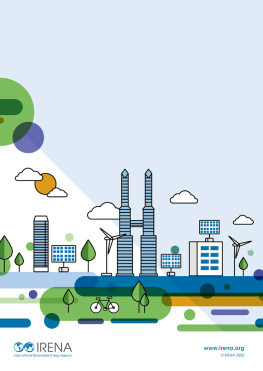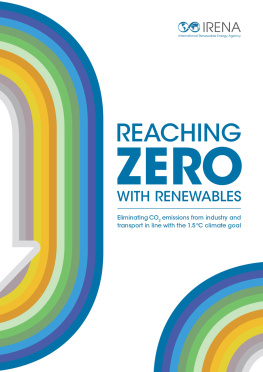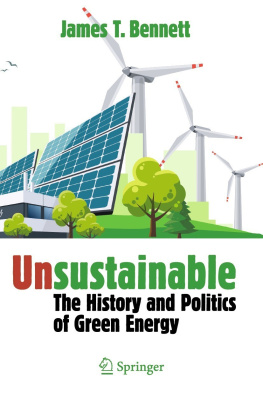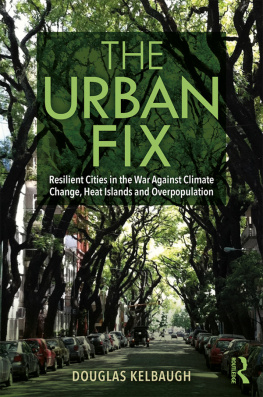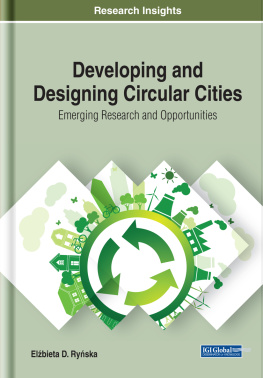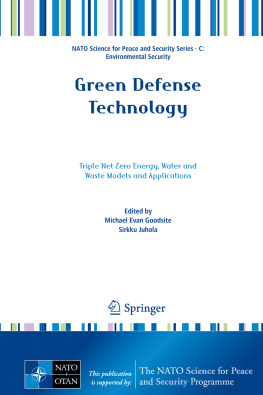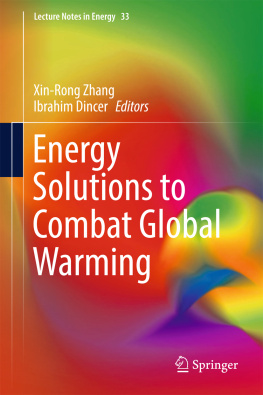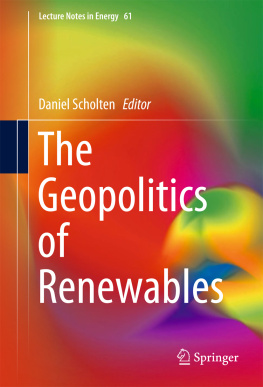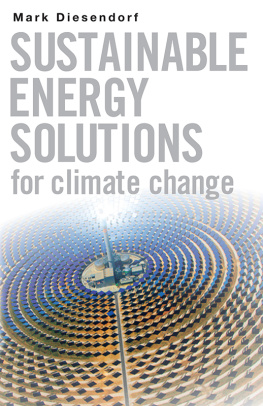Contents
Guide
IRENA 2020
Unless otherwise stated, material in this publication may be freely used, shared, copied, reproduced, printed and/or stored, provided that appropriate acknowledgement is given of IRENA as the source and copyright holder. Material in this publication that is attributed to third parties may be subject to separate terms of use and restrictions, and appropriate permissions from these third parties may need to be secured before any use of such material.
Citation: IRENA (2020), Rise of renewables in cities: Energy solutions for the urban future, International Renewable Energy Agency, Abu Dhabi.
ISBN 978-92-9260-271-0
About IRENA
The International Renewable Energy Agency (IRENA) serves as the principal platform for international co-operation, a centre of excellence, a repository of policy, technology, resource and financial knowledge, and a driver of action on the ground to advance the transformation of the global energy system. An intergovernmental organisation established in 2011, IRENA promotes the widespread adoption and sustainable use of all forms of renewable energy, including bioenergy, geothermal, hydropower, ocean, solar and wind energy, in the pursuit of sustainable development, energy access, energy security and low-carbon economic growth and prosperity. www.irena.org
IKI support
This report forms part of the Energy Solutions for Cities of the Future project, which is supported by the International Climate Initiative (IKI). The German Federal Ministry for the Environment, Nature Conservation and Nuclear Safety (BMU) supports this initiative on the basis of a decision adopted by the German Bundestag.
Acknowledgements
IRENA would like to express sincere appreciation to the experts who reviewed the report. Insightful comments and constructive suggestions were provided by Anjali Mahendra (World Resources Institute), Gerhard Stryi-Hipp (Fraunhofer Institute for Solar Energy Systems), Haukur Hararson (ArcticGreen Energy Corporation), Helen Carlstrm (E.ON), Li Zhu (APEC Sustainable Energy Center), Sven Teske (University of Technology Sydney), Toby Couture (E3 Analytics), Vincent Kitio (UN-Habitat), Weimin Xi and Changxia Zhu (City and Energy Research Institute of State Grid Corporation of China) and Zhipeng Liang (National Energy Administration of China).
IRENA colleagues Arina Anisie, Asami Miketa, Celia Garca-Baos, Elena Ocenic, Francisco Boshell, Jinlei Feng, Luis Janeiro, Michael Renner and Prasoon Agarwal provided valuable reviews and input.
Helpful feedback also came from Paul Komor, Neil MacDonald and Elizabeth Press. Lisa Mastny edited the report.
IRENA is grateful for the support of Germanys IKI project in producing this publication.
Contributing authors: This report was prepared, under the guidance of Dolf Gielen, by the sustainable urban energy team at IRENAs Innovation and Technology Centre (IITC). It was authored by Yong Chen, Enzia Schnyder and Jennifer Potter (IRENA) and Mashael Yazdanie (Empa) with additional contributions and support from Julien Marquant (IRENA), Dorine Hugenholtz (IRENA) and Alina Gilmanova (Chinese Academy of Sciences).
For further information or to provide feedback, go to
Download from www.irena.org/publicationsrena.org/publications
Disclaimer
This publication and the material herein are provided as is. All reasonable precautions have been taken by IRENA to verify the reliability of the material in this publication. However, neither IRENA nor any of its officials, agents, data or other third-party content providers provides a warranty of any kind, either expressed or implied, and they accept no responsibility or liability for any consequence of use of the publication or material herein.
The information contained herein does not necessarily represent the views of all Members of IRENA. The mention of specific companies or certain projects or products does not imply that they are endorsed or recommended by IRENA in preference to others of a similar nature that are not mentioned. The designations employed, and the presentation of material herein, do not imply the expression of any opinion on the part of IRENA concerning the legal status of any region, country, territory, city or area or of its authorities, or concerning the delimitation of frontiers or boundaries.
Contents
Figures
Tables
Boxes
Abbreviations
C | degrees Celsius |
BIPV | building-integrated photovoltaics |
CFD | computational fluid dynamics |
CHP | combined heat and power |
CO2 | carbon dioxide |
CSP | concentrated solar power |
EUR | Euro |
EV | electric vehicle |
GDP | gross domestic product |
GHI | global horizontal irradiance |
Gt | gigatonne |
GW | gigawatt |
GWth | gigawatt-thermal |
HOMER | Hybrid Optimization of Multiple Energy Resources |
ICT | information and communications technology |
IPCC | Intergovernmental Panel on Climate Change |
IRENA | International Renewable Energy Agency |
kW | kilowatt |
kWh | kilowatt-hour |
LAC | Latin America and the Caribbean |
LEAP | Long-range Energy Alternatives Planning |
m | metre |
m2 | square metre |
MESSAGE | Model for Energy Supply Strategy Alternatives and their General Environmental Impact |
MtCO2e | million tonnes of CO2-equivalent |
MW | megawatt |
MWth | megawatt-thermal |
OSeMOSYS | Open Source Energy Modelling System |
PV | photovoltaic |
PV-T | solar photovoltaic-thermal |
R&D | research and development |
TIMES | The Integrated MARKAL-EFOM System |
TWh | terawatt-hour |
UNFCCC | United Nations Framework Convention on Climate Change |
USD | United States dollar |
VRE | variable renewable energy |
W | watt |
EXECUTIVE SUMMARY
Executive Summary
Cities are increasingly relevant to climate change mitigation and adaptation, not only because of their high contribution to global carbon emissions, but importantly because of their large potential to mitigate emissions of all kinds as well as the rising need to build climate-resilient urban infrastructure for the future. Cities will need to accommodate two-thirds of the worlds population in a liveable, low-carbon environment by 2050. Integrating renewable energy technologies into local energy systems has become part of the transformative action that is needed to realise such potential, backed by strong political will and technological advancement. Cities will also benefit greatly from the positive impacts that local development of renewables has on gross domestic product (GDP) and employment.

